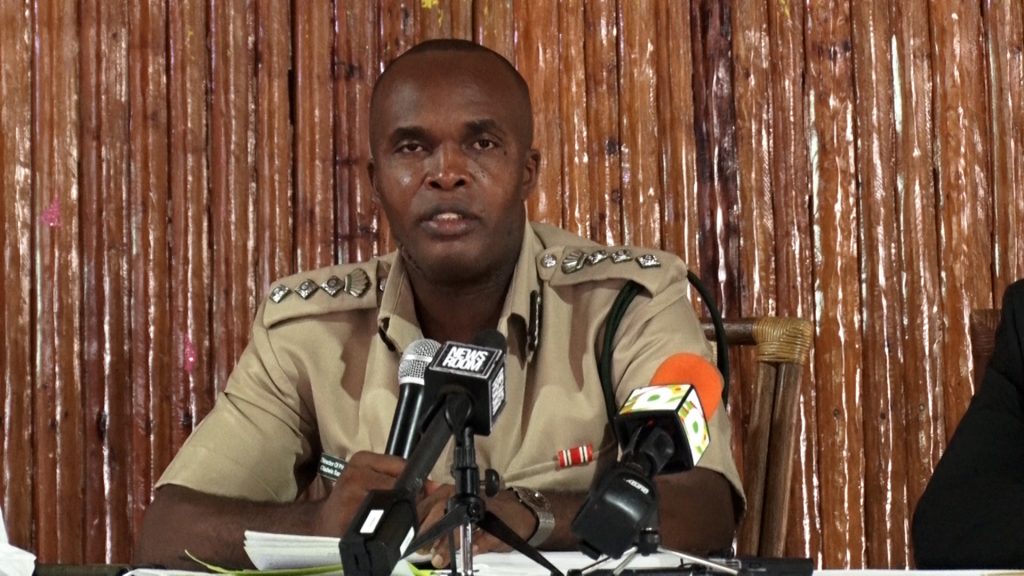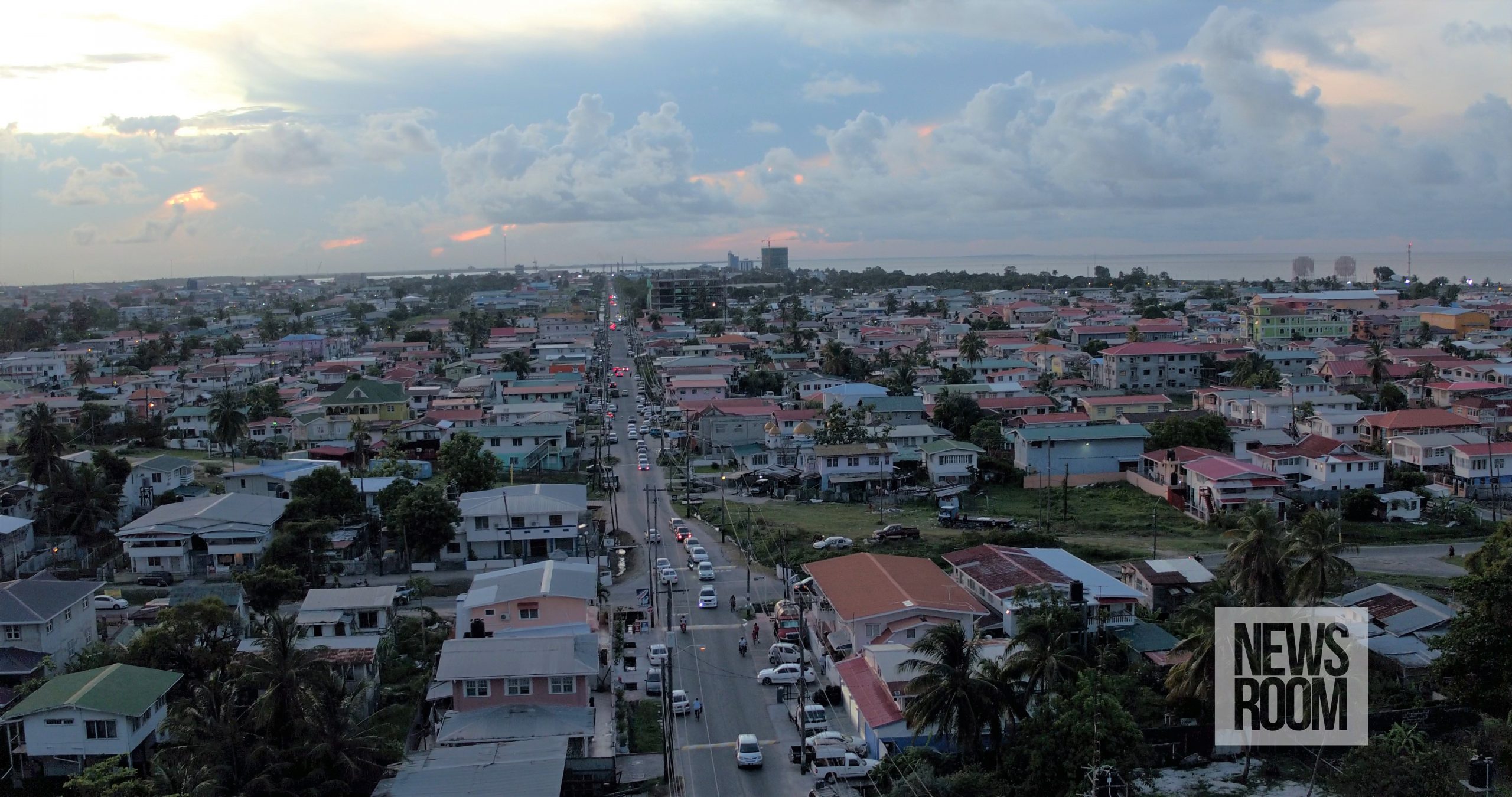By Kurt Campbell
Guyana’s Director of Prisons, Gladwin Samuels on Friday pressed the issue of alternative forms of imprisonment during his presentation at a virtual launch of a regional comparative report on imprisonment in the Caribbean.
Samuels said the survey, which largely assessed individuals’ deprivation of liberty in the Caribbean, has found that the current rate of imprisonment is “alarming”.
Samuels confirmed that Guyana’s prison population currently stands at 1,741 persons and some 325 of those inmates are incarcerated on marijuana-related charges, while another 79 inmates are mentally challenged.
It is in this context that the issue of alternative sentencing becomes important with Samuels reasoning that a great number of those imprisoned can be safely given alternatives to imprisonment.
The survey, which was conducted in six regional countries, including Guyana in 2017, has found that 274 of 100,000 persons living in Guyana are imprisoned.

The survey found that Guyana’s prison occupancy rate is 129%; 36 per cent of those prisoners are on remand. Samuels said while governments look to improve the standards of prisons for inmates across the region, alternative forms of imprisonment must also be considered.
“Sending someone, who is a drug addict to prison, will require resources that the prison doesn’t have, and in many cases, those persons leave without being rehabilitated,” he added.
Samuels offered his support for speedier trials to prevent long periods of detention but said that if reforms are not addressed with the aim of ultimately preventing crime and reducing the prison population, then “the problem can get worse.”
To make his case, the Prison Director pointed to statistics on inmates who are parents with 1 – 3 children. Between 50 – 55 per cent of the respondents fall within that category and Samuels reasoned this is proof that the impact of imprisonment goes far beyond the prison walls.
“It leads to financial hardships for members of the household and break down discipline… school dropouts and low levels of education contribute to the vicious cycle of crime,” he added.
On this note, Samuels continued to press his call for alternative ways to prevent those incarcerated with contact to the outside world. He argued that keeping persons out of prison also bodes well for reoffending.
The Prison Director was passionate about rehabilitating prisoners and said so far, the human factor has failed in this regard.













